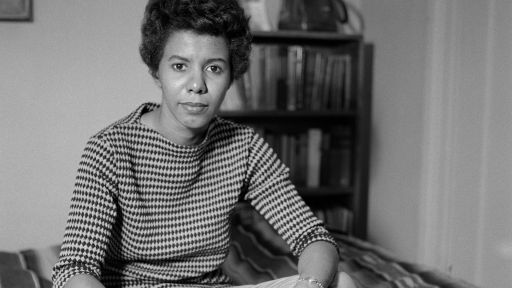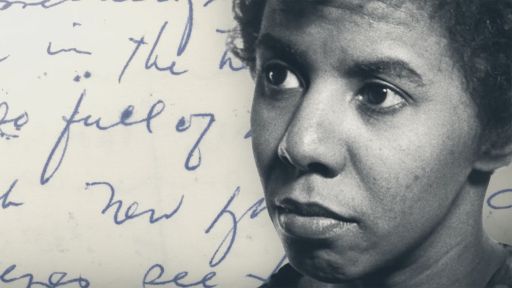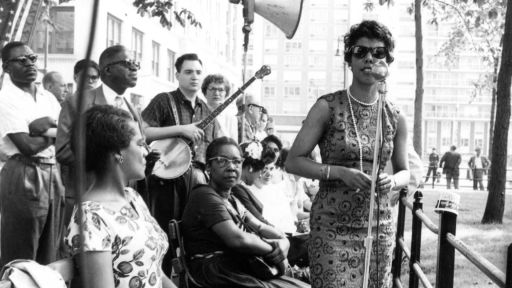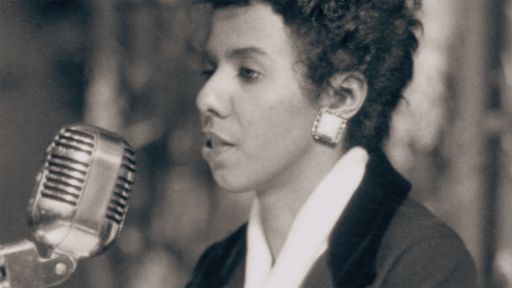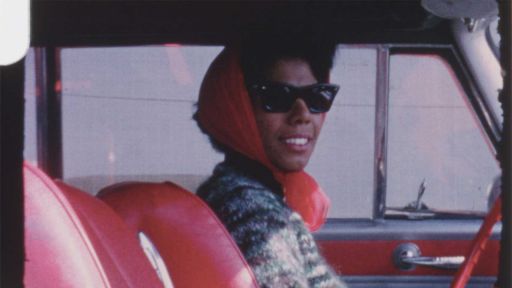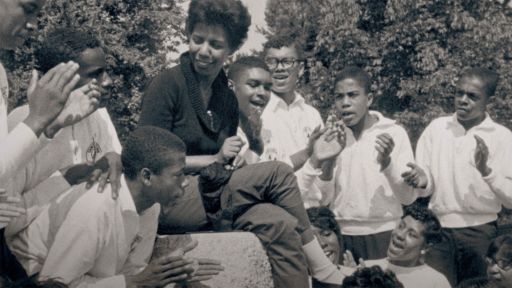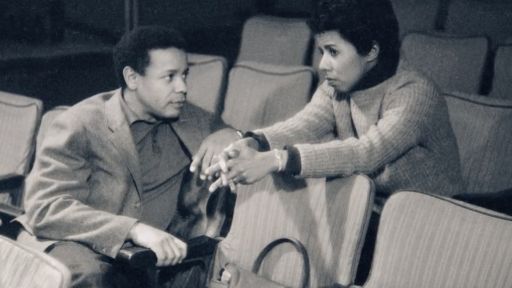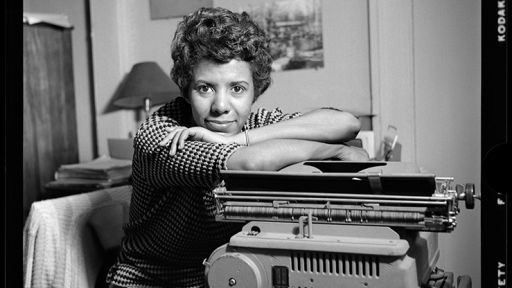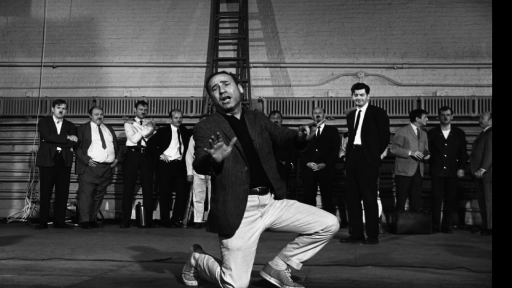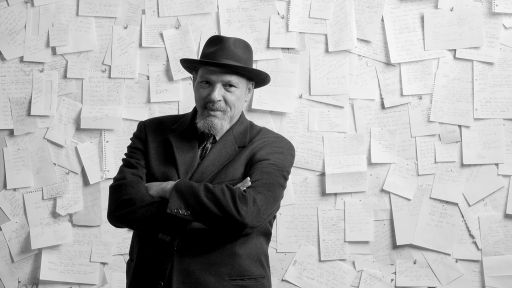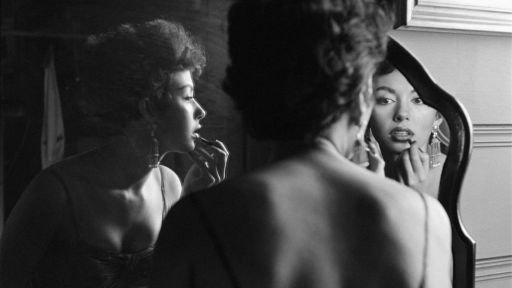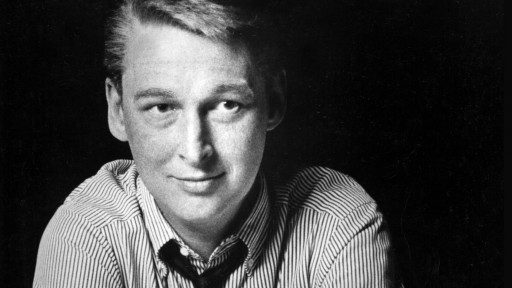On March 11, 1959, Lorraine Hansberry’s A Raisin in the Sun opened on Broadway and changed the face of American theater forever. As the first-ever black woman to author a play performed on Broadway, she did not shy away from richly drawn characters and unprecedented subject matter. The play attracted record crowds and earned the coveted top prize from the New York Drama Critics’ Circle. While the play is seen as a groundbreaking work of art, the timely story of Hansberry’s life is far less known.
The documentary Lorraine Hansberry: Sighted Eyes/Feeling Heart is the first in-depth presentation of Hansberry’s complex life, using her personal papers and archives, including home movies and rare photos, as source material. The film explores the influences that shaped Hansberry’s childhood, future art and activism. Filmmaker and Peabody Award-winner Tracy Heather Strain (Unnatural Causes, I’ll Make Me a World, American Experience: Building the Alaska Highway) crafts the story of one woman who believed, like many of her generation, that words could change society. Family, friends and colleagues, including Sidney Poitier, Ruby Dee, Harry Belafonte, her sister Mamie Hansberry, Lloyd Richards, Amiri Baraka and Louis Gossett, Jr., share their personal memories of Hansberry, offering an intimate look at a woman who was, as Poitier says in the film, “reaching into the essence of who we were, who we are, and where we came from.”
Narrated by acclaimed actress LaTanya Richardson Jackson (The Fighting Temptations, A Raisin in the Sun) and featuring the voice of Tony Award-winning actress Anika Noni Rose (A Raisin in the Sun, Dreamgirls) as Hansberry, the documentary portrays the writer’s lifetime commitment to fighting injustice and how she found her way to art—the theater—as her medium for activism at a crucial time for black civil rights. Lorraine Hansberry: Sighted Eyes/Feeling Heart also explores her concealed identity as a lesbian and the themes of sexual orientation and societal norms in her works. The film title comes from Hansberry’s view that “one cannot live with sighted eyes and feeling heart and not know or react to the miseries which afflict this world.”

